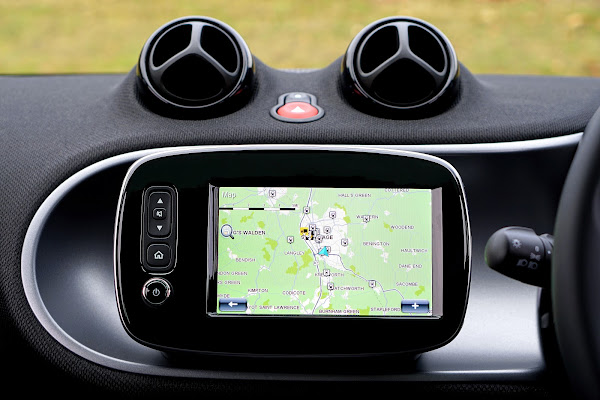Driving to a weekend getaway or a doctor's appointment leaves more than just a memory; it leaves a data trail. Modern cars equipped with internet capabilities, GPS tracking, or services like OnStar, capture your driving history. This data is not just stored—it can be sold to your insurance company.
A recent report highlighted how ordinary driving activities generate a data footprint that can be sold to insurers. These data collections often occur through "safe driving" programs installed in your vehicle or connected car apps. Real-time tracking usually begins when you download an app or agree to terms on your car's dashboard screen.
Car technology has evolved significantly since General Motors introduced OnStar in 1996. From mobile data enhancing navigation to telematics in the 2010s, today’s cars are more connected than ever. This connectivity offers benefits like emergency alerts, maintenance notifications, and software updates. By 2030, it's predicted that over 95% of new cars will have some form of internet connectivity.
Manufacturers like General Motors, Kia, Subaru, and Mitsubishi offer services that collect and share your driving data with insurance companies. Insurers purchase this data to analyze your driving habits, influencing your "risk score" and potentially increasing your premiums.
One example is the OnStar Smart Driver program, which collects data and sends it to manufacturers who then sell it to data brokers. These brokers resell the data to various buyers, including insurance companies. Following a critical report, General Motors announced it would stop sharing data with these brokers.
Consumers often unknowingly consent to this data collection. Salespeople at dealerships may enroll customers without clear consent, motivated by bonuses. The lengthy and complex “terms and conditions” disclosures further obscure the process, making it hard for consumers to understand what they're agreeing to. Even diligent readers struggle to grasp the full extent of data collection.
This situation leaves consumers under constant surveillance, with their driving data monetized without their explicit consent. This extends beyond driving, impacting various aspects of daily life.
To address these privacy concerns, the Electronic Frontier Foundation (EFF) advocates for comprehensive data privacy legislation with strong data minimization rules and clear, opt-in consent requirements. Such legislation would ensure that only necessary data is collected to provide requested services. For example, while location data might be needed for emergency assistance, additional data should not be collected or sold.
Consumers need to be aware of how their data is processed and have control over it. Opt-in consent rules are crucial, requiring companies to obtain informed and voluntary permission before processing any data. This consent must be clear and not hidden in lengthy, jargon-filled terms.
Currently, consumers often do not control or even know who accesses their data. This lack of transparency and control highlights the need for stronger privacy protections. By enforcing opt-in consent and data minimization, we can better safeguard personal data and maintain privacy.













